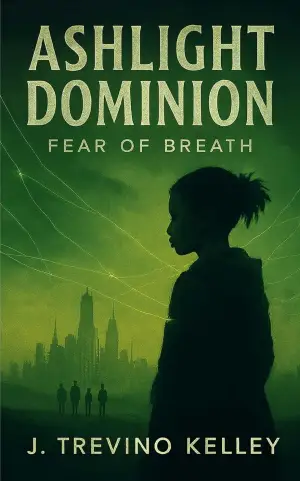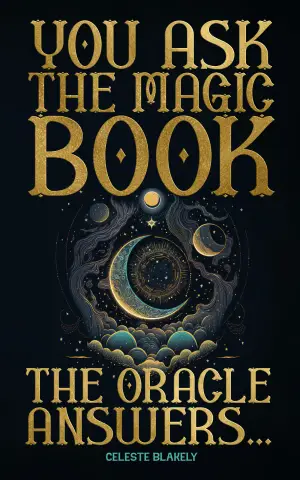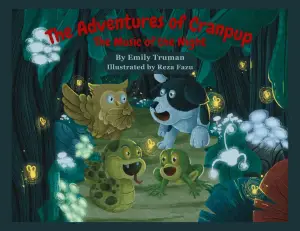Book Review: Man’s Search for Meaning by Viktor E. Frankl
As an avid reader, I’ve always been drawn to books that explore the depths of human experience and resilience. “Man’s Search for Meaning” has been on my to-read list for some time, primarily because of its reputation as a transformative work that examines the human capacity for finding purpose even in the darkest of circumstances. After finally diving into Frankl’s significant account, I’m grateful to have experienced such profound insights.

Frankl’s memoir is divided into three parts, which I found to be a thoughtful approach. The first section chronicles his harrowing experiences as a prisoner in Nazi concentration camps, detailing the inhumane conditions and the psychological toll it took on him and his fellow inmates. The emotional weight of his narrative cannot be overstated; it is both heartbreaking and eye-opening, providing a firsthand look at horror that many of us can only read about.
One of the most striking aspects of Frankl’s story is his unwavering belief in the importance of finding meaning in suffering. He argues that while suffering is inevitable, the pursuit of meaning can help us endure even the most unbearable situations. This is the bedrock of his philosophy of Logotherapy, which he explores in the later sections of the book. I found his insights incredibly powerful; they not only resonated with my own experiences but also offered a framework for navigating life’s adversities.
However, like many readers, I noted a couple of drawbacks. Some of the technical aspects of Logotherapy—while essential—came off as a bit dry and academic compared to the emotionally charged narrative of his time in the camps. I could see how readers unfamiliar with psychological concepts might find these sections less accessible. Additionally, the deeply philosophical discussions surrounding suffering and meaning can be overwhelming at times, especially for those not accustomed to such existential pondering.
Despite these minor setbacks, I wholeheartedly agree with the sentiments shared by other readers. For example, Bret Aulgur emphasizes the book’s capacity to impart hope and perspective, noting how it encourages individuals to appreciate their lives through the lens of struggle. Frankl’s observation that those who find meaning are often the ones who survive resonates deeply in the context of mental health discussions today.
In the larger landscape of literature, Frankl’s insights remain particularly relevant. His assertion that "the primary human drive is not pleasure, but the discovery and pursuit of what we find meaningful," serves as a powerful reminder in a world filled with distractions. I found myself reflecting on my own life and re-evaluating my pursuits through this lens, which Frankl has masterfully articulated.
The emotional impact of Frankl’s experiences, coupled with his proposal of finding purpose through suffering, truly make "Man’s Search for Meaning" a must-read, as Anna Chlumsky aptly stated. I can easily see why it has inspired countless individuals—from well-known figures like Anderson Cooper to everyday readers like myself— to seek significance even amidst chaos.
In conclusion, I highly recommend "Man’s Search for Meaning" to anyone looking for inspiration and insight into the human condition. The profound reflections it offers not only enrich the reader’s understanding of resilience but also underscore the power of hope. Though the latter sections may require a bit more engagement, the soulful storytelling and timeless wisdom Frankl provides ensure that it is well worth the read. This book has left a lasting impression on me, and I suspect it will resonate with many others, helping us all appreciate life’s profound depths and opportunities for meaning.
Discover the profound journey of finding purpose in “Man’s Search for Meaning.” >>







